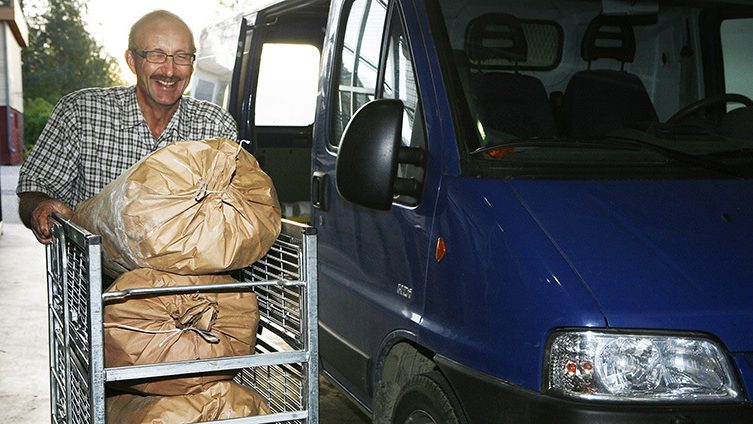
Diverse rural enterprise support is available for your business
Option 1: You are starting up a business and already have a completed business plan
You can apply for support to start up a business if you are considering starting up a business and already have a business plan. The start-up support will make it easier to start up your business and encourage you, as a new entrepreneur, in the first stages of your business.
The start-up support varies from € 5,000 to € 35,000 and is paid in two or three instalments.
You can use the start-up support to implement your plan to start up a business, for example for the following purposes:
• to purchase consulting and advisory services coaching you on how to run a business
• product development projects
• piloting of production
• preparing a marketing plan
• test marketing
• an internationalisation survey.
Enterprise Finland has a wealth of information on setting up a new business and the required measures: https://yrityssuomi.fi/en/home.
Option 2: You already have a company, but you would like to renew its business operations
An operating company is also eligible for start-up support if it significantly renews its business operations. EUR 2,000 to 10,000 of support may be granted for an experiment.
The key issue is to draw up a viable business plan before applying for support. As a basis for this, you can use the business plan model templates commonly used, such as the one available for completion online via the before mentioned Enterprise Finland service.
Option 3: You are considering an investment but are wondering about the most sensible way of implementing it
Before investing, you can apply for support for exploring and planning the prerequisites of your investment. Support granted for a feasibility study of an investment is intended for the purchase of expert services. This support does not require the implementation of the investment – the outcome of the review may even be that the investment would not be sensible.
For example, a feasibility study would allow you to investigate whether it is more appropriate to acquire a ready-made production building instead of building a new one. Likewise, it is possible to investigate whether it would be more economical to acquire used machinery, even if support cannot be granted for used machines.
For a feasibility study, 40% of the eligible costs can be granted as support for enterprises processing agricultural products. For other companies’ feasibility studies, 50% of the eligible costs can be granted as de minimis aid.
Option 4: You have come to the conclusion that it would be profitable for your company to invest now, but you need more funding
Investment support is an effective tool for building the future of your business. Rural investment support offers a wide variety of opportunities for different companies.
Investment support can be sought for:
• the acquisition of machinery and other fixed assets
• for the purchase and construction of buildings
• for intangible investments such as software, patents and manufacturing rights.
Centres for Economic Development, Transport and the Environment and Leader Groups apply selection criteria when selecting business projects for funding. The aim is to ensure the equal treatment of applicants and the most appropriate and effective use of funds for rural development. Selection criteria include the location of the planned company, its ability to provide employment and the novelty value of its operations.
A realistic and thorough business plan also plays a key role in the selection process. The Centre for Economic Development, Transport and the Environment assesses the potential for success of investment projects on the basis of the business plan and fulfilment of the selection criteria.
Option 5: You wish to develop your business, but find that more could be achieved in cooperation with other companies
A cooperation project is a business development project implemented jointly by two or more actors. Such cooperation may involve cooperation between companies (e.g. corporate group projects), cooperation between companies and developers, or cooperation between development and research organisations. In general, the results of a cooperation project should be exploitable as soon as possible after the conclusion of the project.
A cooperation project may, for example,
• develop joint products or product families for businesses
• build productive cooperation between micro enterprises and support the development, marketing and sales of tourism services provided by micro enterprises in the tourism sector
• develop new products and methods in small rural enterprises
• develop short supply chains and local markets for food
• develop your own business while engaging in joint development efforts with other companies in the group

